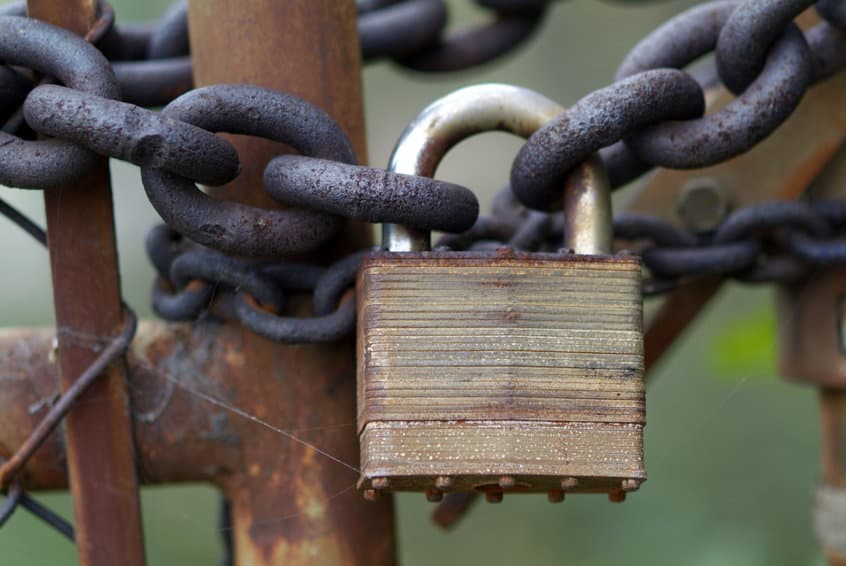In today’s digital world, every business relies on laptops, tablets, and cell phones to get the job done. With more use of these devices comes the increased risk of hackers and viruses that put your online privacy in danger.
However, there are many ways to improve your online security and use your devices without all the risks. These security measures are especially critical for entrepreneurs trying to protect important company information stored on computers.
Keep reading to learn everything you should know about personal cybersecurity, including tips about online privacy, data protection, and device security.
Online Privacy Tips
One aspect of personal cybersecurity is online privacy, which involves controlling who has access to the information you put on the internet. Here are tips for keeping your personal information and identity safe:
- Choose strong passwords: To avoid hackers, use only strong, unique passwords and reset them every few months.
- Don’t click on unknown links: If you receive a suspicious link via email or online, avoid clicking it so that you don’t accidentally install malware or reveal personal information.
- Protect personal identifiable information: Be extra cautious about where you share birth dates, addresses, phone numbers, Social Security numbers, or other personal information.
Data Protection Tips
Protecting your data allows you to avoid bad actors and restore your data if needed. Check out these data protection tips:
- Add two-factor authentication: This tool can be added to many online accounts and helps prevent hackers from accessing your data.
- Make a guest network: Guest networks are Wi-Fi networks used for speakers, smart TVs, gaming consoles, and other products that are more likely to be infected.
- Track credit reports: To make sure hackers aren’t getting into your financial information, regularly monitor your credit card and bank statements.
Device Security Tips
Device security aims to keep data on cell phones, laptops, and other IoT devices safe from people who want to corrupt your information. Try following these tips to secure your devices:
- Turn on automatic software updates: Enabling automatic software updates gives your devices the latest security protections.
- Don’t use public Wi-Fi: Public Wi-Fi usually doesn’t have encryption, which makes your activity available for hackers.
- Use antivirus software and firewalls: Antivirus and firewall protection help prevent cybercriminals from infecting your devices.
By boosting your online privacy, data protection, and device security, you can use your devices without fear of hackers and viruses. That way, you can keep your business and personal information safe.
To learn more about personal cybersecurity, take a look at the infographic below.








